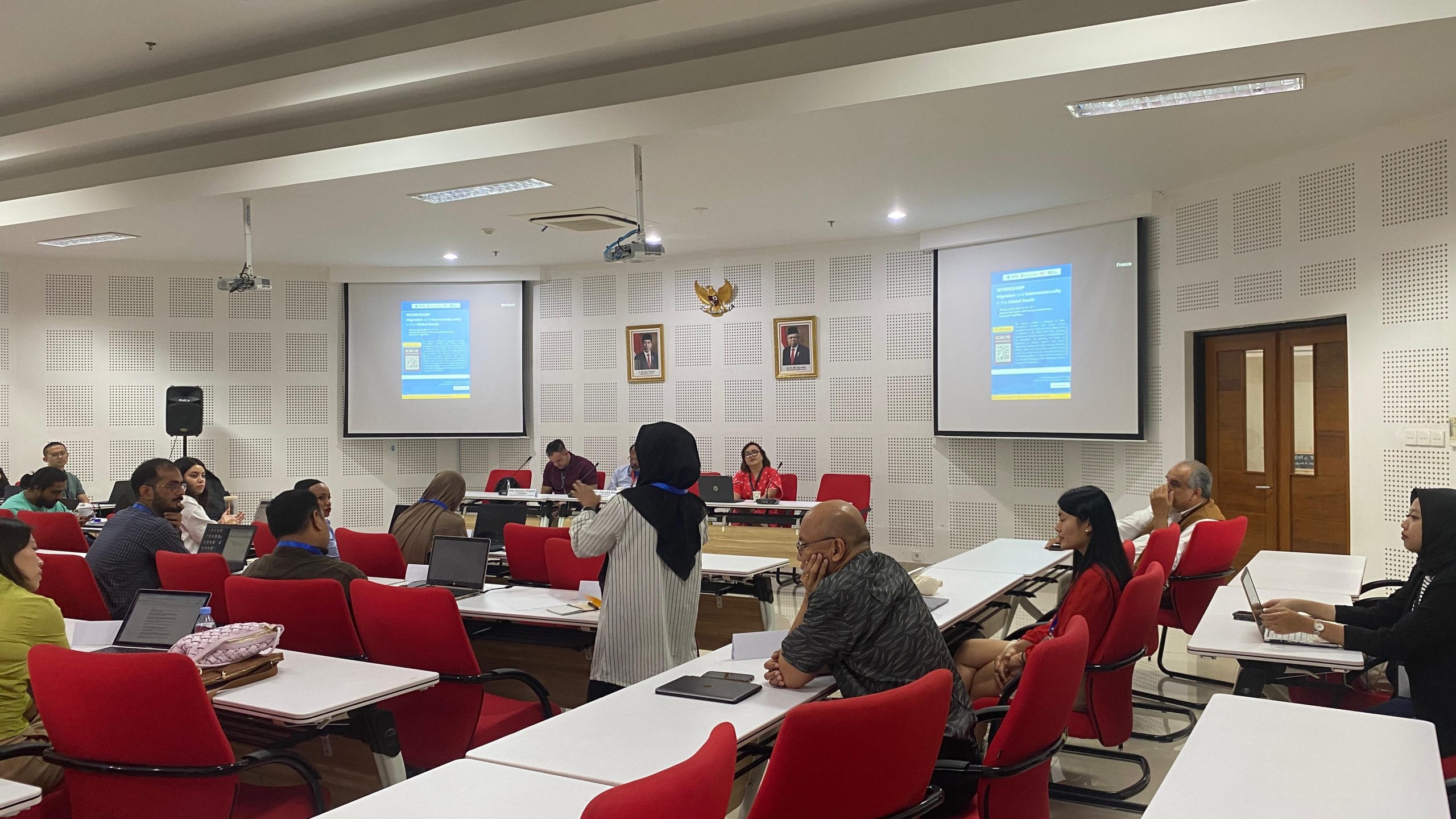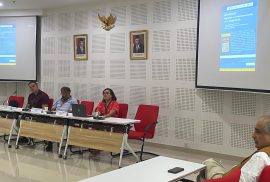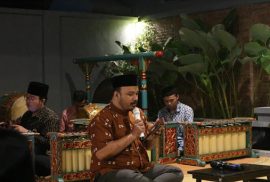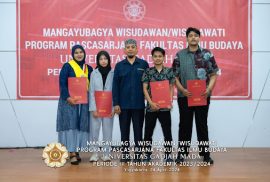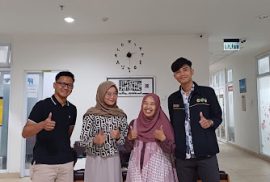Organized by the Department of Anthropology, Gadjah Mada University, Yogyakarta, Indonesia on Monday, July 8, 2024 at Soegondo Building room 709, Faculty of Humanities, Gadjah Mada University, this one-day workshop was conceived to stimulate dialogue between different geographical, political, and economic views on migration in the Global South, while exploring opportunities to enhance scholarly exchange among participants. The event was able to provide a platform to discuss diverse approaches to migration, including knowledge creation, dynamics, methods, ethics, and case studies from different regions in the Global South. The aim of the Workshop was also to provide participants with the necessary skills to disseminate their ideas more widely and engage in contemporary debates on migration in the South.
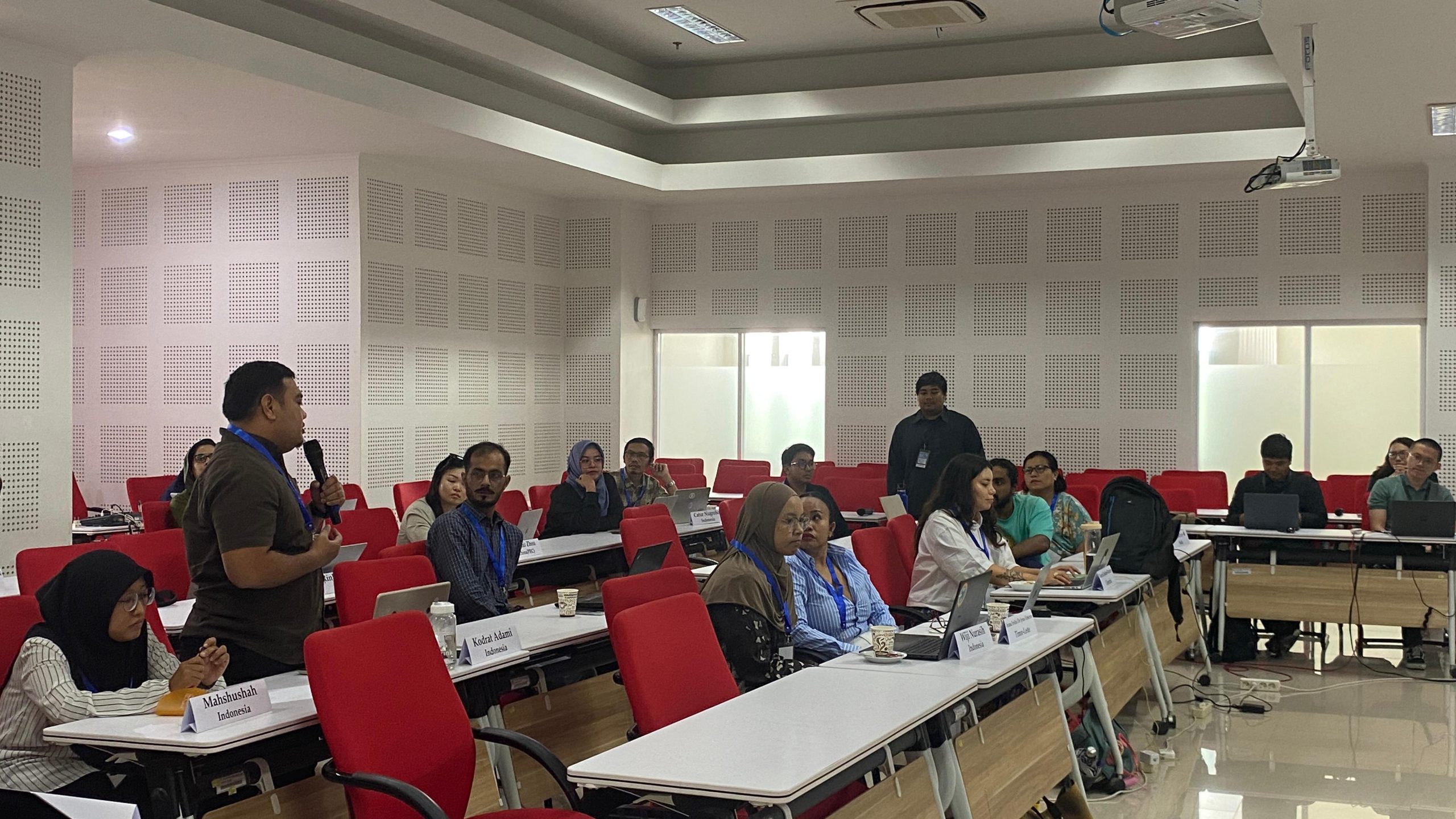
Opening remarks were delivered by Mr. Kamran Asdar Ali as Former President of AAS and Mimi Savitri, M.A., Ph.D. as Vice Dean for Research, Community Service, Cooperation and Alumni of the Faculty of Cultural Sciences, Universitas Gadjah Mada. Then the participants and mentors introduced themselves one by one before presenting the work of their respective groups. The next agenda was Rethinking Interconnectivity which was guided by Dr. Realisa D. Massardi/Dr. Furrukh Khan/Dr: Jerónimo Delgado-Caicedo. This was followed by breakaway sessions discussing interconnectivity in the global south and how the concept relates to their research. Participants then presented again, this time on their findings. At the end of the program, there was a discussion to answer any unanswered questions.
